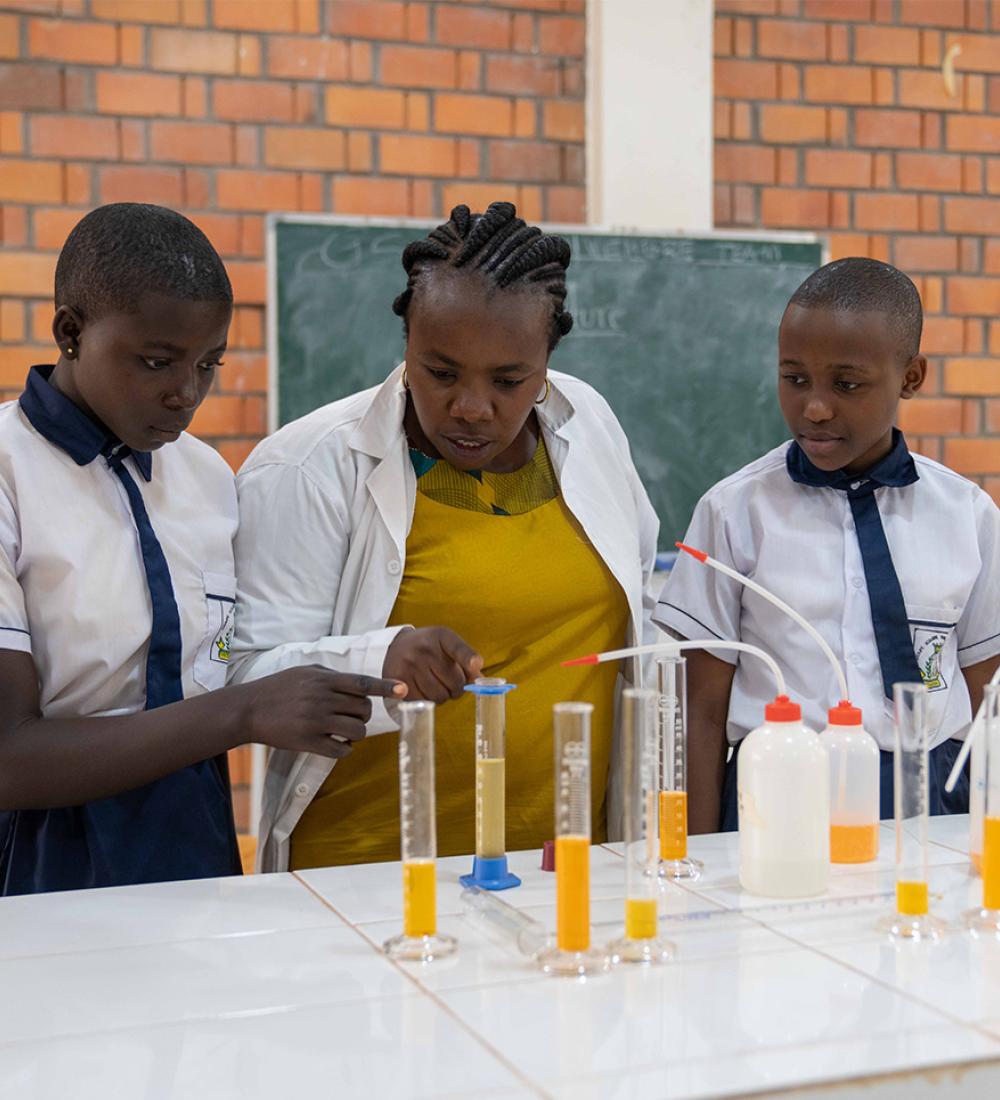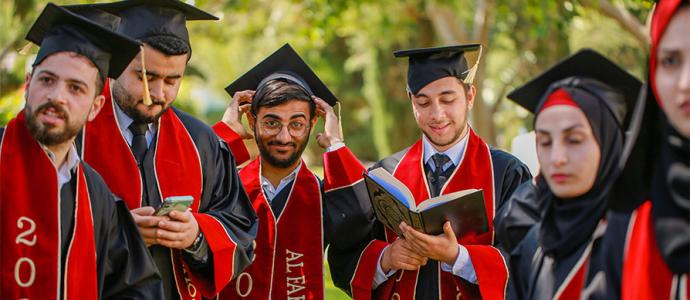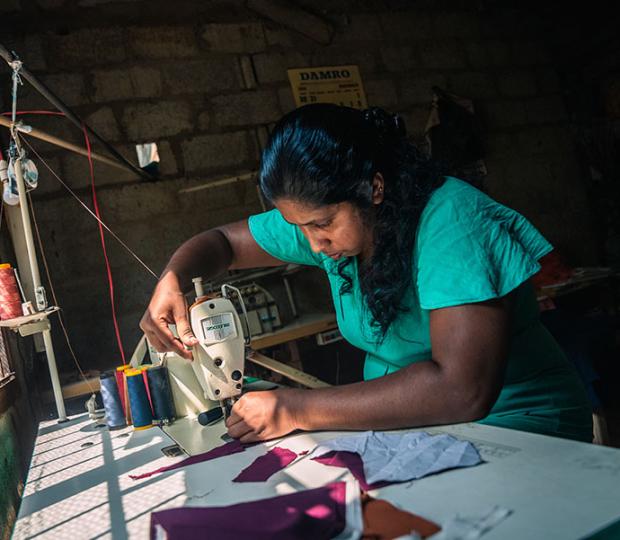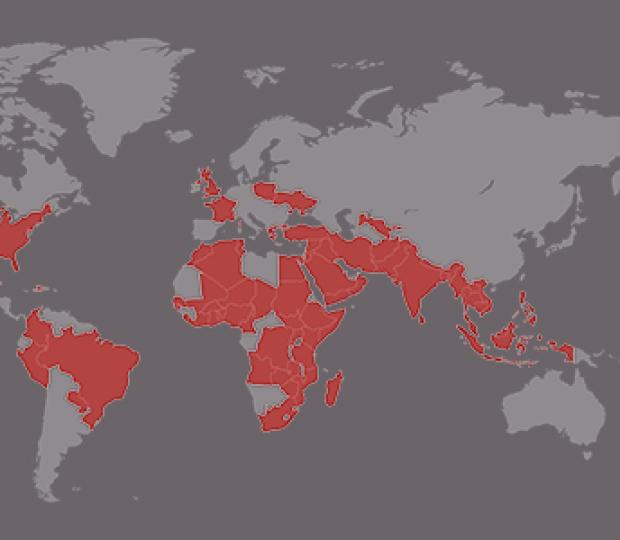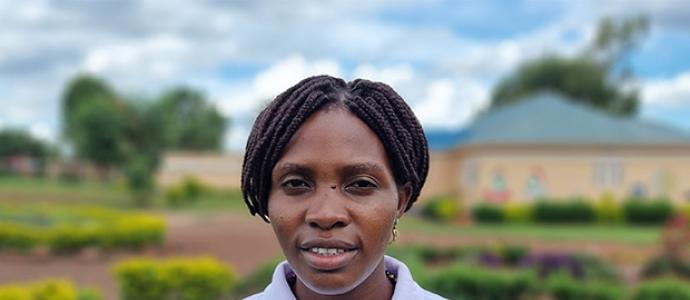MEDG: Monastic Education Development Group
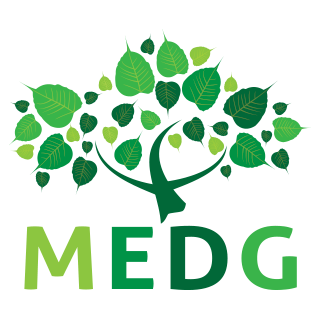
The Monastic Education Development group (MEDG) is a community based organization that supports the improvement of monastic education across Myanmar. Work is coordinated by a group of senior monks involved in Monastic Education who were elected by their peers to take responsibility for the overall improvement of the quality of education in monastic schools throughout Myanmar. The monks act as a steering group for MEDG which is registered with the Ministry of Religious Affairs. Monastic schools act as low or no cost private schools, teaching the national curriculum often to the most disadvantaged children. To date MEDG has worked in seven states and has delivered support to more than 445 schools.
Working through two separate support channels (traditional teacher-oriented in-class support and 3G innovation to permit distance learning and online instruction), EAC and MEDG's Inspire: A Programme to Motivate and Make Education Accessible through Monastic Schools in Myanmar project foresees reaching 72,220 OOSC with primary-school education or its equivalent in three years. The project will be implemented in Rakhine and Shan States where literacy rates are about 55.9 percent, as well as in Mon, Kachin and Tanintharyi. In addition, Myanmar’s central regions of Ayeyarwaddy, Bago, Mandalay, Sagaing and Yangon are the planned sites for the 3G-enabled schools.
To achieve this objective, 600 target schools will commit to continuously enrolling OOSC every year for the duration of the project’s life cycle. The Inspire project’s strategy is to engender community-based solutions to specific access barriers, while investing in quality and flexible education delivery. In that vein, the project will offer classes outside of regular school hours and accelerated-learning programmes. Additional project activities include: 1) non-formal education that addresses key barriers to regular school attendance, such as poor quality and low self-esteem; and 2) school improvement initiatives comprised of teacher training and school grants programmes.
For more information about this EAC Implementing Partner, please visit the MEDG website.







